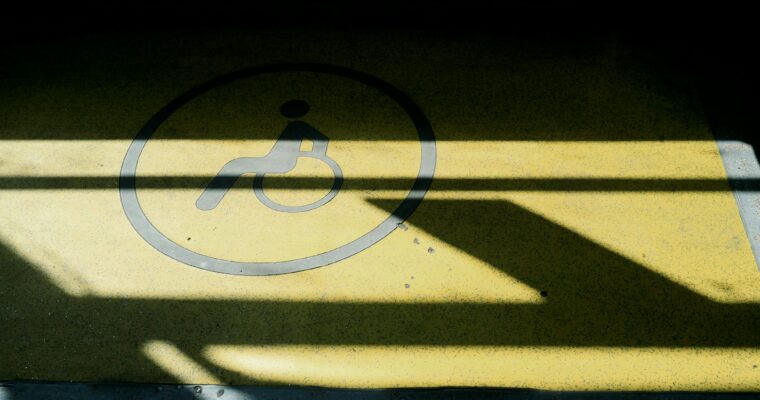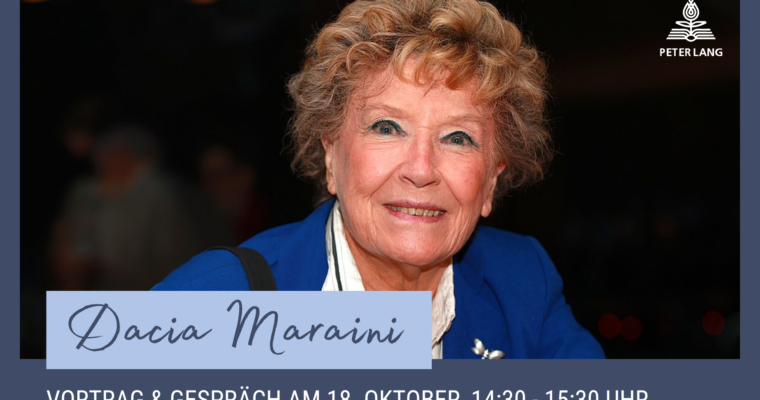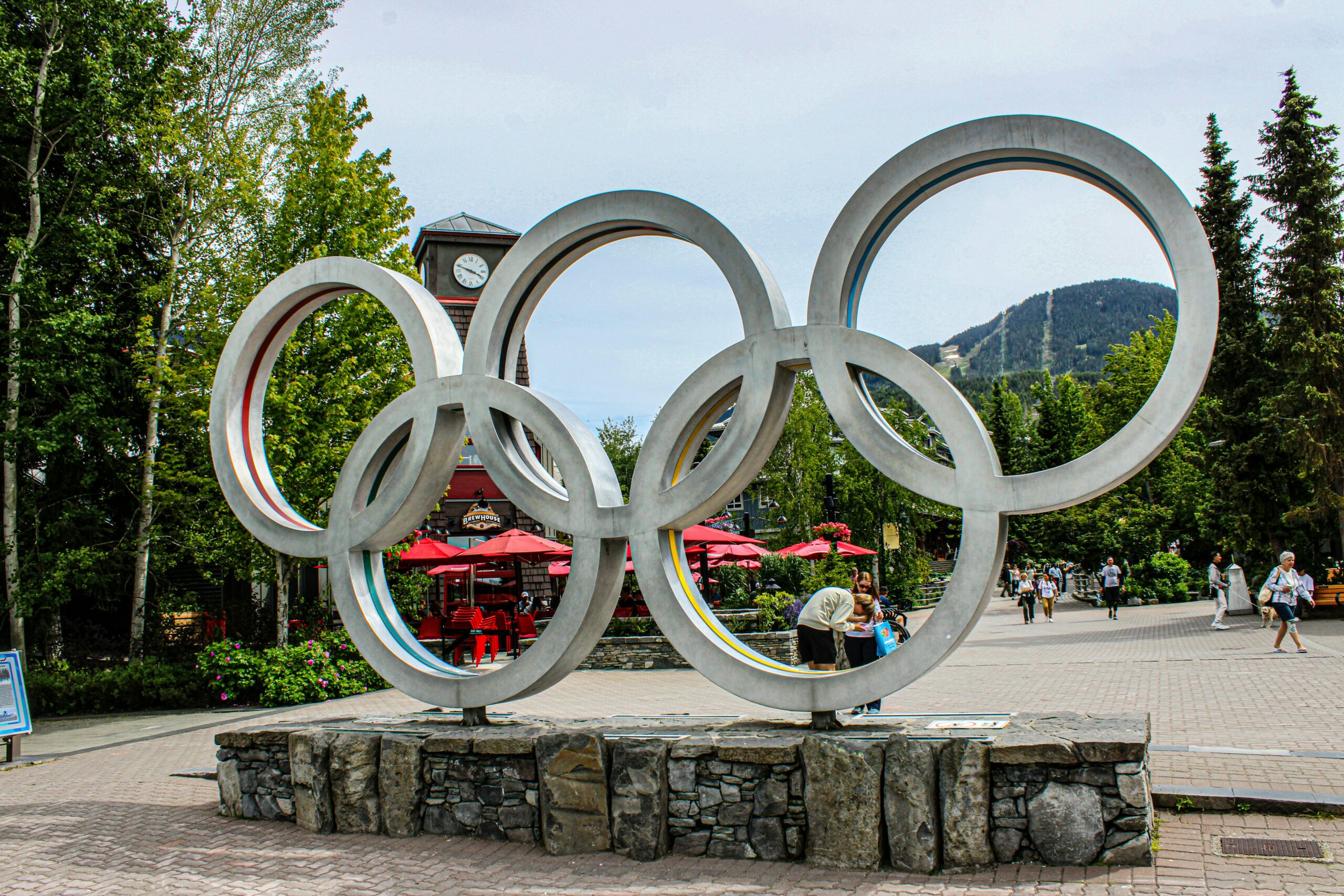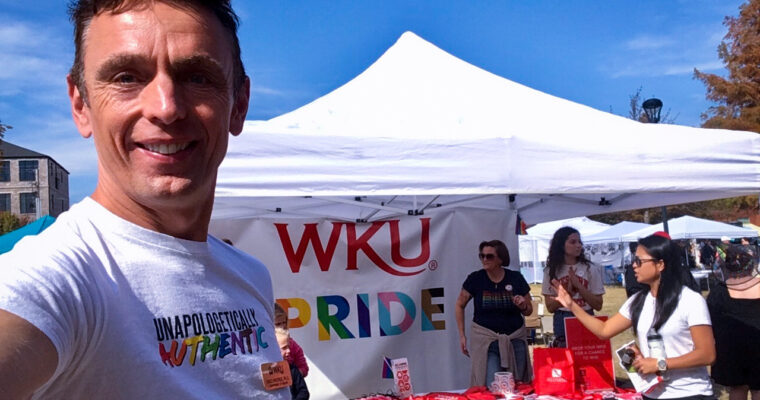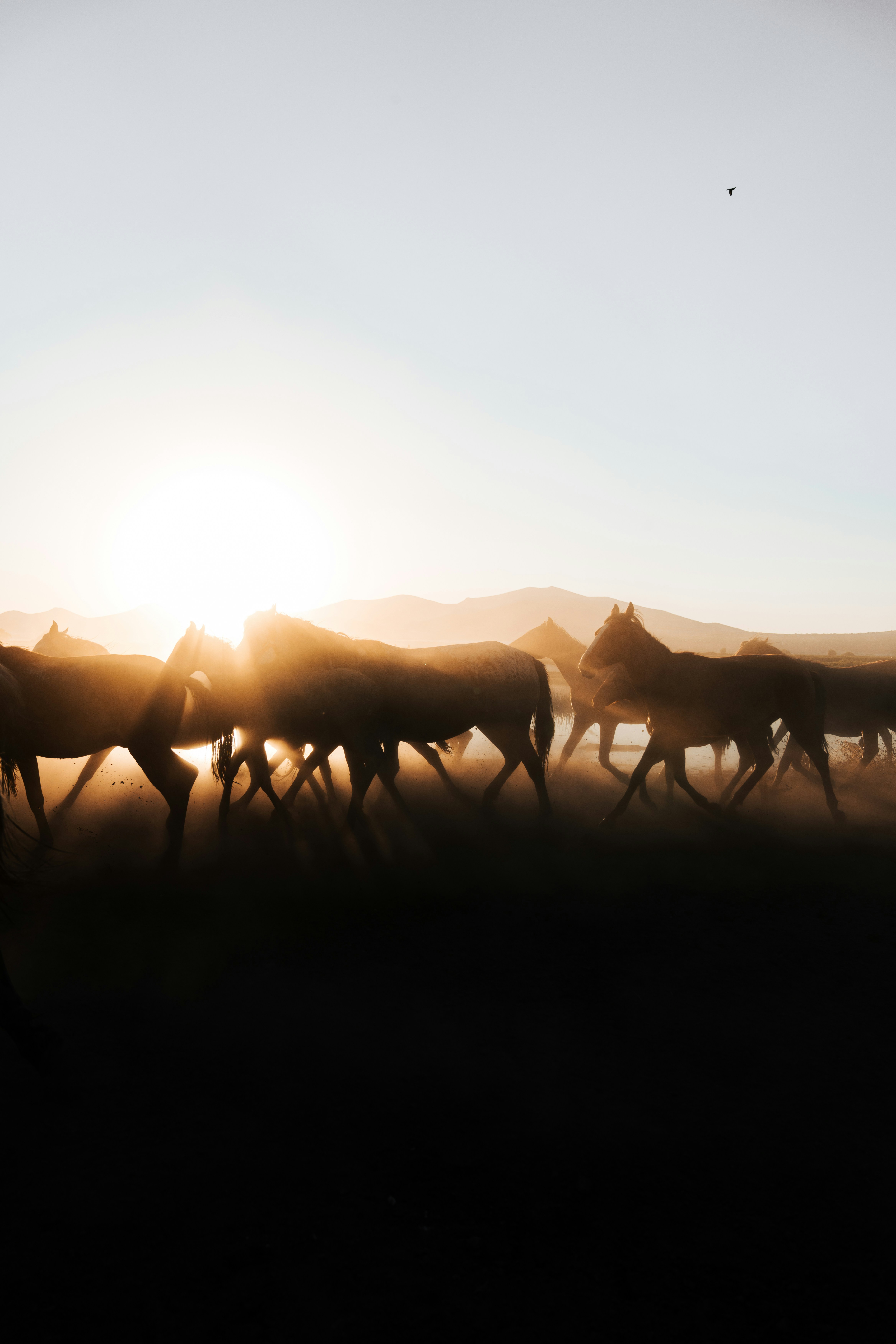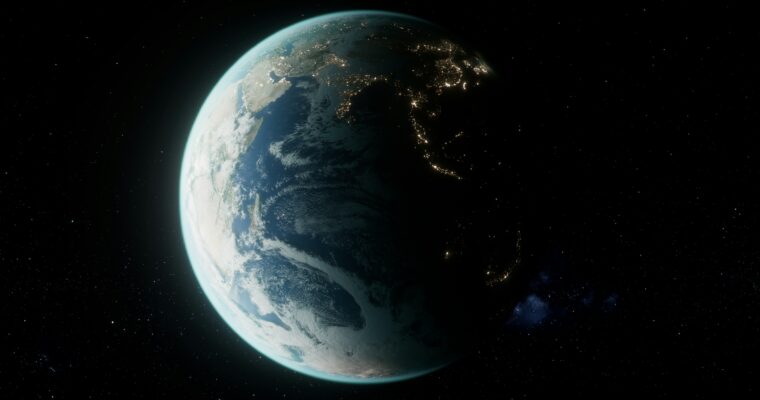What is it like when one realizes that they belong to two generations at once? Not chronologically, but in terms of identity and content? Throughout my life I have had a sense of fluid geographical or even national identity, personal identity, professional identity and the like, but only in the past few years did I realize that my generational identity lay at the bottom of much of it.
Generational identity is formed by numerous factors but is not something that is in our hands. We inherit it from our parents and grandparents, and it is passed down to us during our upbringing in direct or subtle ways. It’s a feeling of being part of something bigger than oneself, in which we have a lot of company, and not necessarily the kind we would choose of our own volition. Why? Because belonging to a generation doesn’t always have to do with one’s personal, professional, or gendered identity which often have greater influences on one’s life, personality, and experiences than any other factors. But I’m getting ahead of myself and sound too much like the academic that I am in my professional life. So let me explain what I mean in more personal terms.
I belong to two generations, one on my mother’s side and one on my father’s. Because there was a quarter century difference of age between my parents, something rather significant when they met at 25 and 50, one could say that we are talking about true chronological generations. My mother’s statement to young adults looking for their mate – “At least you can be sure that your spouse was already born” – didn’t necessarily hold true for my father until he was over 25! But that’s not the kind of generation I am referring to, rather more of an experiential and cultural generation.
My mother was an American-born daughter to parents who had been Jewish immigrants from Eastern Europe and came to the United States in the early years of the 20th century. On her side that made me a “next generation”, meaning a second generation American, a grandchild of immigrants. Carrying some of their culture with me, I was already firmly rooted in America in general and my birth city of New York in particular. In view of the 2.2 million Eastern European Jews who immigrated to America between 1881 and 1914 (the years of the “Great Wave of Immigration”), many of whom settled in the general New York City area, I also had a lot of company in that generation.
My father’s experiences, both geographical and personal, were very different than those of my mother. Born in a small town in Poland at the turn of the 20th century, like many Eastern European Jews, he migrated to Germany with his family during the First World War and ended up staying there. Settling in Frankfurt, he married a girl from his hometown and had two children, but the rise of Nazism put an end to their peaceful lives. My father was incarcerated in Buchenwald and later in Auschwitz, his small children became unaccompanied refugee children in Belgium, France, and finally reached the United States in the middle of the war. His wife, who had returned to her parents in Poland during the war, was murdered along with them. After his liberation, my father ended up founding a postwar Kibbutz, brought its members to Palestine, travelled to the United States to find his children, and ended up staying there for over two decades, during which he met my mother, married, and I was born.
On my father’s side, therefore, I was a member of the “Second Generation”, children of Holocaust survivors, making me a member of two generations at once, the “Next Generation” and the “Second Generation, each with their own characteristics and issues. I wasn’t alone. Quite a number of Holocaust survivors married American-born spouses, which made me part of a much larger cohort, including some with whom I went to school. As children we never spoke about our background, but we definitely had a lot in common, things that we didn’t have to express in order to feel and understand.
Had it ended there, I would have been one of many Second Generation American-born children of Holocaust survivors who were also grandchildren of early 20th century Jewish immigrants to America, living in the United States. But here comes the twist. When I was 15 my family decided to move to Israel, enabling me to experience the “immigrant experience” myself, and not just hear about it from my grandparents or father.
What generational group did I really belong to? From the time I was 15 I was not just a member of the “Next Generation” and\or the “Second Generation”. I was a second- generation American who was also a child of Holocaust survivors who immigrated to Israel. Additionally, we were Orthodox Jews, which put me into yet another category. For the pièce de résistance, I then became a Holocaust historian, merging my professional identity with part of my generational one.
Sounds complicated? In some ways it was a lot easier than it sounds as the parts fit together pretty well, especially after my American-born mother decided to make anything having to do with Holocaust commemoration a central part of her being. Sounds lonely? Actually not. Quite a number of Orthodox Jewish families where one parent was American-born and the other a Holocaust survivor, moved to Israel during the years that we immigrated. In my neighborhood alone, I knew at least ten teenagers and young adults who fit into the same generational categories as I did. And believe it or not, I wasn’t the only Holocaust historian who fit into those two generations. Even in Israel. I had company.
“The Next Generation” is the story of what I did with all those identities and generations. How I weaved them into the person I became personally and professionally. How I grappled with the legacies of the two generations, along with the personal legacies of my family, and how I came to terms with deciding what parts of that legacy I wished to emulate, replicate, and pass down to future generations. At the same time, each part of the story is not just my personal story, but rather the story of a generation, colored in part by issues of specific personalities, tendencies, desires, and experiences. Writing the book was a labor of love that took many years, causing me to think and rethink those identities and their significance.
Many of us often speak about personal resolutions that we wish to adopt, and as we get older, quite a number of us put together “bucket lists” of what we want to achieve and experience in the time that is left to us. Writing “The Next Generation” gave me the opportunity of understanding the dynamics of my past and my identities in order to enable to me formulate the resolutions I wished to make and the “bucket list” that I still wanted to experience. It was a difficult process that is still an ongoing one as I write these words, but its ongoing nature is also exhilarating, proving that at every age we still have the capacity to develop, grow, and change.
The book “The Next Generation” can be bought here


 en
en  fr
fr 

